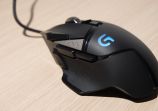Every gaming system (well, at least the ones from the last 20-30 years, anyway) had RAM, aka Random Access Memory or just "memory." It doesn't matter if it was a full-fledged home console, a handheld, or a gaming PC. Without RAM, those systems would never work well - and never work at all.
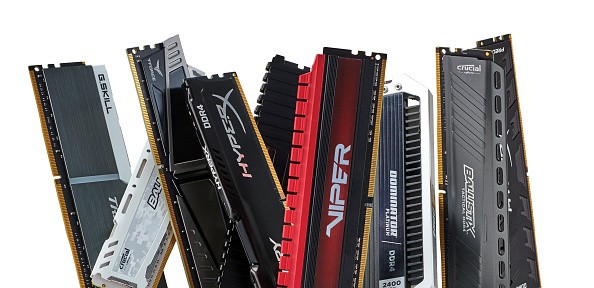
However, so few people actually know what RAM's purpose is - especially when building a gaming PC or picking a game console. In this article, you will learn about the true purpose of RAM, and how it affects your console or gaming PC's performance. At the end, we'll also give recommendations to aspiring PC builders on how much RAM for gaming is really needed, because console users don't need to know that at all.
A Different Kind Of Storage
The memory in a computer system is kind of like a storage device, but it works differently from your HDD or SSD. As per IGN, its purpose is to fill up with data that the system (and you, by extension) is currently working with. Any program you're actively running or file you're looking at will have its data stored on the RAM. As such, the more programs and files you have running at the same time, the more memory will be consumed.
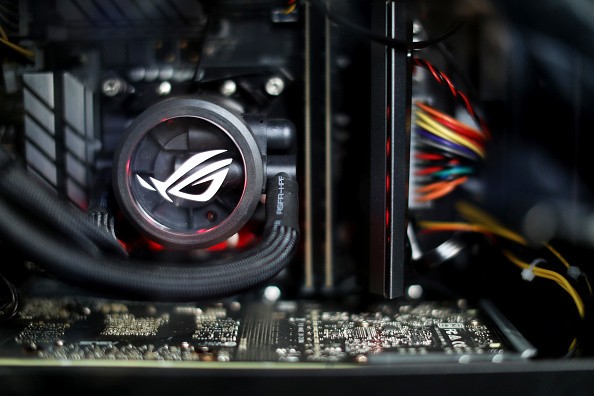
RAM is measured in gigabytes (GB) these days. Back in the day, it was only measured in megabytes (MB) or kilobytes (KB), because that's really the extent of the capabilities of old computers.
How It REALLY Works
Every bit of data on your gaming PC, console, or work laptop needs to go to the CPU/processor to get processed. When you use a program or open a file, that data gets pulled from your main storage (i.e. HDD or SSD). This data then gets loaded onto the RAM, because RAM is much faster than even your swanky new M.2 SSD. This results to the program running as quickly as possible and working as intended.
Programs and files will lag if there's not enough memory. That's the most basic thing. It's because RAM is always finite. Most modern systems will have at least 4GB of it at the absolute bare minimum. But in 2022, 4GB is way too little. 8GB is now the "recommended minimum," with 16GB being what most systems need and anything beyond (32GB, 64GB, even 128GB) being out of the realm of what most people can use.
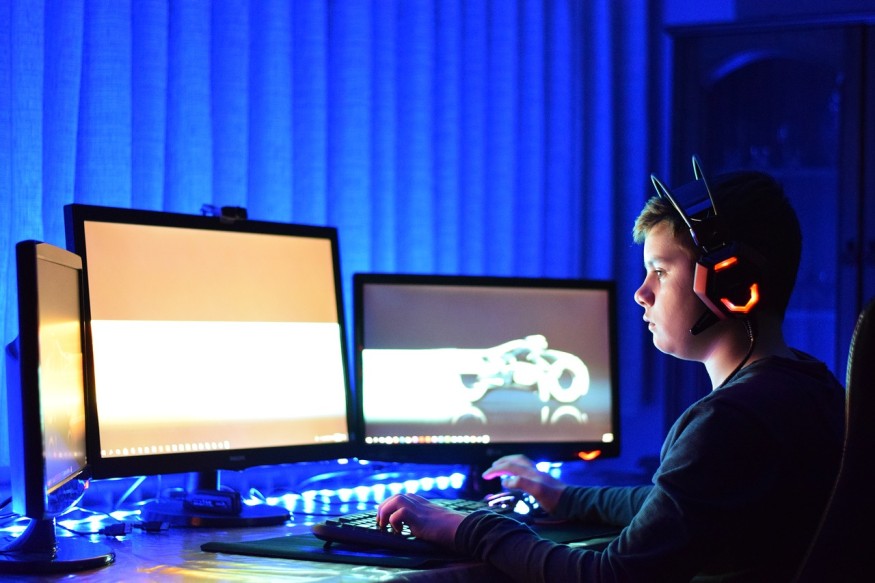
How Much RAM For Gaming Is Really Needed?
Now, onto the fun (and probably confusing) part: how much RAM for gaming is really needed? This question is one of the most important things when it comes to building a gaming PC, so take note. If you're a console gamer, you'll never get to upgrade your system's RAM anyway so just ignore this one.
Most people will assume that with more RAM comes more performance. They're right, mainly due to the things we just talked about regarding how memory works. But gaming performance is a whole other thing. Instead, the real question you need to ask is whether you'll gain more performance in games if you add more RAM to a system that doesn't have a lot of it (say, only 4GB or 8GB).
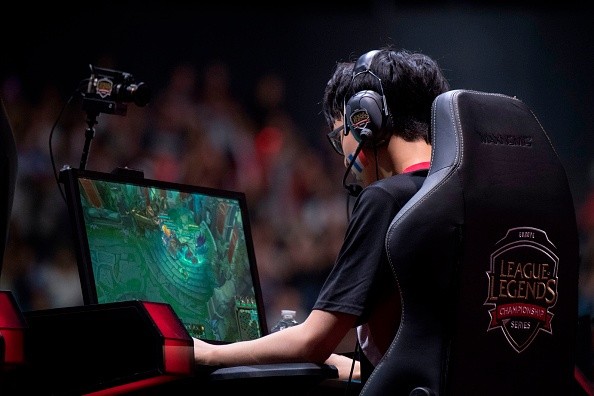
According to TechGuided, adding more RAM to a system that has more than enough (i.e. 16GB) will not result to increased FPS in games. But if you add more to a system that only has, say, 4GB, then you will see a major performance increase.
That's because games will always have a minimum and recommended memory requirement. Most games these days will require 8GB minimum, and if you only have 4GB, then that's the problem right there.
Does RAM Speed Matter In Gaming?
The YouTube channel PC Centric uploaded a video discussing just how much memory speed affects gaming performance in the real world. The results were quite telling, as you see here:
Various tests revealed that memory and CPU performance go hand in hand. If you have slower memory, your CPU will have to work harder to process the data because it can't access data from RAM fast enough. This will then affect your graphics card's performance and limit it from being used to its fullest, because the GPU is essentially "waiting" for the CPU to catch up to it.
In terms of overall gaming performance, a GPU that's not being fully utilized will result in lower FPS. That's pretty much it.So when you're building your next gaming PC, consider RAM speed. Always go for the maximum rated speed that your CPU will allow, because CPUs actually have a max rated RAM speed that they can handle.
For instance, Intel CPUs from 10th gen or older will never support speeds above 2933 MHz. On AMD's side, modern Ryzen CPUs can handle speeds well above 3000 MHz. Fortunately, you can learn about your CPU's max RAM speed limit by checking its official specifications on the box or manufacturer's product page.
Final Thoughts
And there you have it! We hope that this article has demystified how RAM works, and just how much RAM for gaming is really needed. So go on ahead and upgrade your old PC if it doesn't have enough memory, or ensure that your next build will have enough of it for maximum gaming performance.
This article is posted on GameNGuide
Written by RJ Pierce



